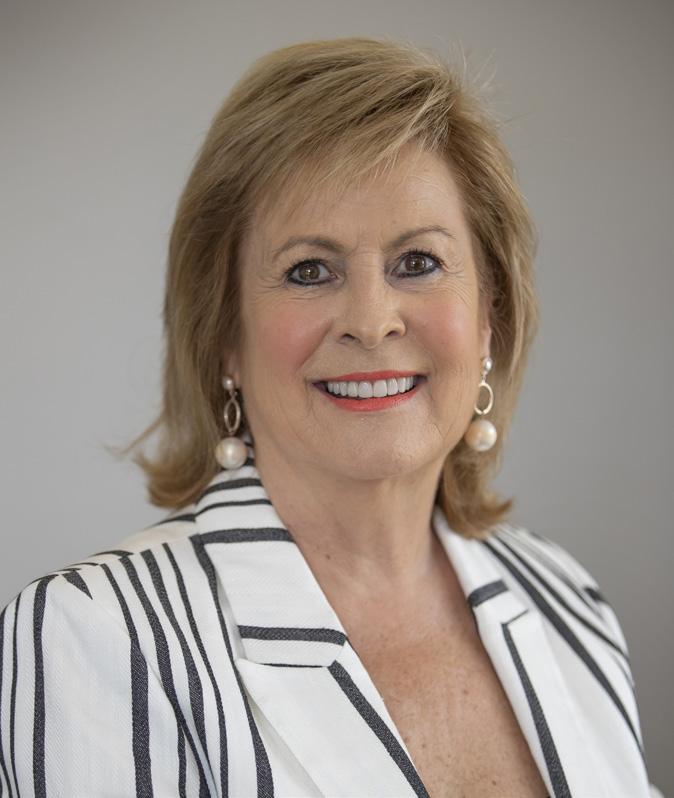L E A DIN G FROM THE PRINCIPAL
A humane view of education
Heather McRae
It was a beautiful and warm Sunday afternoon after the cold of winter had earlier in the week gripped Auckland. On a gorgeous walk around Devonport to look back at our glorious city, a concrete plinth with a descriptive plate caught my attention. On closer read, it was about a murderer, Joseph Burns hanged on that very spot as punishment for killing a family. At home, I used Google to source the story – clearly a part of our history – and found a biography of Joseph Burns, an Irish immigrant who had become desperate for money and had killed the family for 12 pounds and made it look like local Māori were to blame. I reflected on how I would have found all this information before – at a library perhaps. But the effort to source it online was light, easy, and available. Such is the power of information at our fingertips and the beauty of what we have achieved. There are some fantastic opportunities that the internet provides, but information at our fingertips does not amount to a great education. It amounts to information that we can choose to access, and for the vast majority of students, education has a much wider purpose than finding out things for ourselves. At our recent open day, a parent was particularly interested in our views on this topic, given recent trends in education where in modern learning environments with a
2
DIO TODAY
range of technologies, students are put in charge of their own learning. While it is true that many inventions that changed the world were incidental, even accidental, most of the work was achieved by experts in their field who had a deep conceptual understanding of what they were trying to achieve. Children and young adults do not have this foresight and are unable to conceptualise easily and realise consequences until the age of 25. An approach to education that leaves the critical input of knowledge, intellectual guidance, social role-modelling and values to the students themselves is a hit-andmiss model of education we cannot afford to condone. Accessing information, even from Wikipedia, has a significant rate of error and liability around accuracy. While knowledge does develop, change and modify with research over time, young people are not blessed with a depth of wisdom to discern the legitimacy of the information.











































